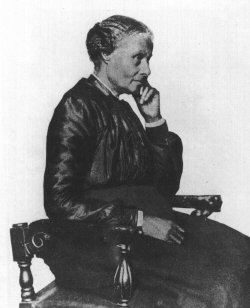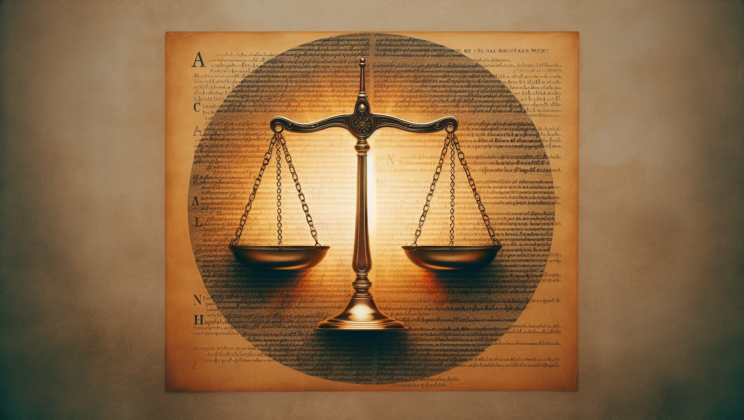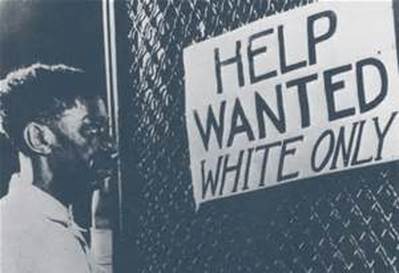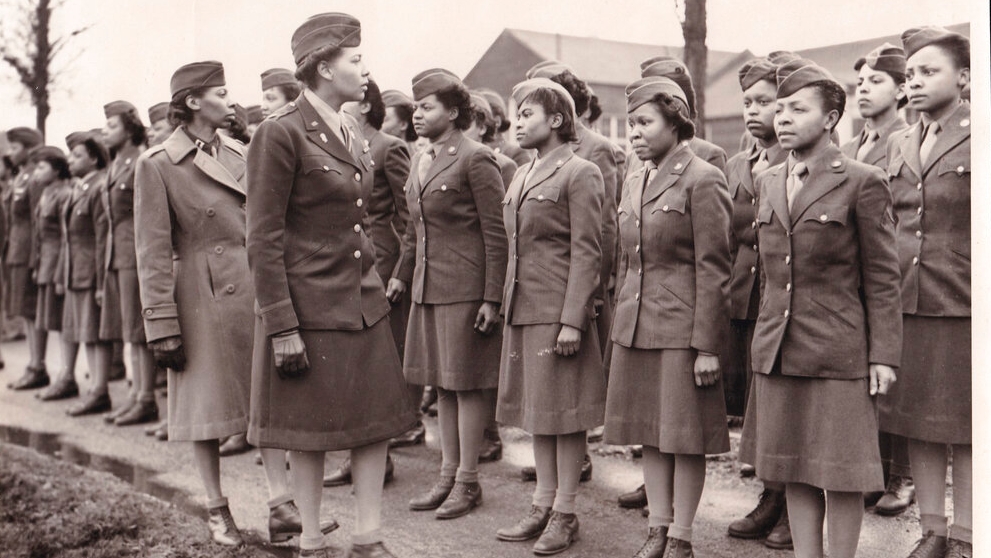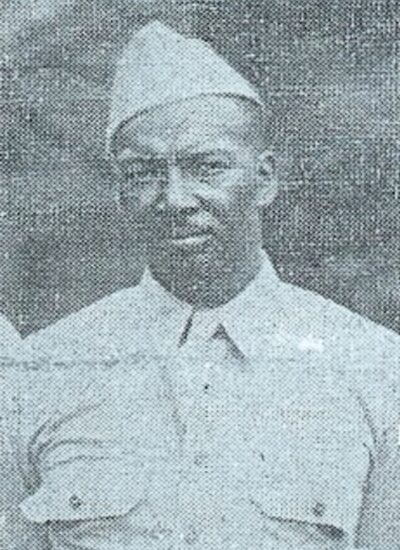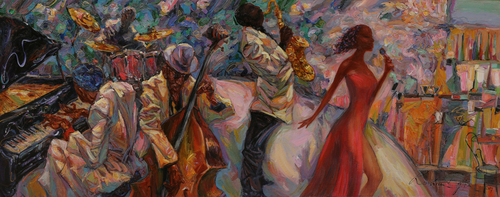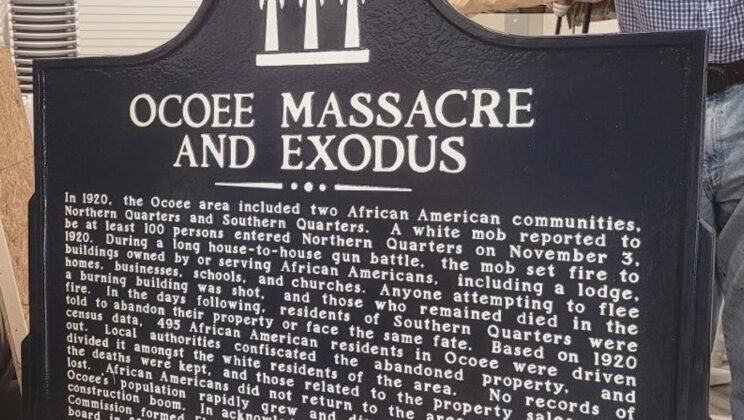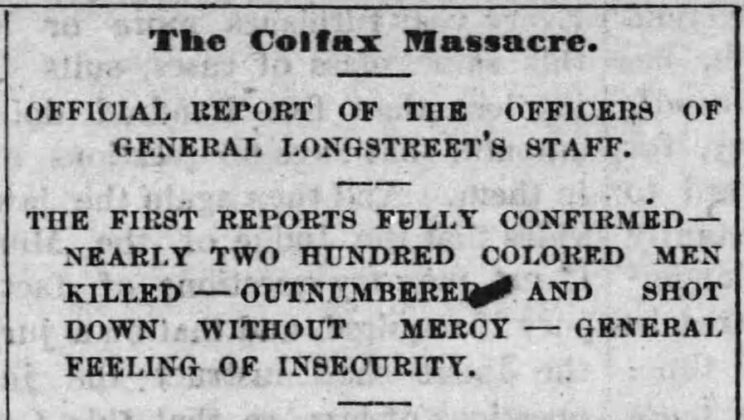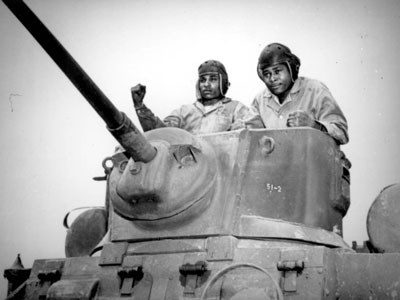Mary Ellen Pleasant, an African American entrepreneur and abolitionist, is renowned for her efforts in the Underground Railroad and her support of the abolitionist movement. She used her considerable resources…
Tag: Segregation
Civil Rights Act of 1871: Combating the Ku Klux Klan
The Civil Rights Act of 1871, enacted by the United States Congress during the turbulent Reconstruction Era, is a landmark in American legislative history. Its passage was prompted by a…
Invisible Shackles: The Impact of Black Codes on African Americans In The Years Immediately Following the Civil War.
After the Civil War, as the nation grappled with the aftermath of slavery, the question of freed Black people’s status in the South remained unresolved. The Black Codes were created,…
The 6888th Central Postal Battalion, Six Triple Eight. “No mail, no morale.”
The 6888th Central Postal Directory Battalion comprised entirely of African American women, faced discrimination and adversity head-on while delivering an essential service to WWII troops overseas. In the early 1940s,…
Booker T. Spicely, A Victim of Jim Crow Violence
In 1944, Booker T. Spicely, a Black Army private stationed at Camp Butner, clashed with a white bus driver, Herman Council, over seating segregation. The confrontation ended when Council shot…
Remembering Ida B. Wells
Ida B. Wells, a remarkable figure in American history, was born during slavery in 1862 in Holly Springs, Mississippi. Wells’ parents and one brother succumbed to yellow fever. After these…
The Harlem Renaissance Illuminated the richness of the human experience.
A remarkable period in African American History was known as the Harlem Renaissance. This cultural movement, which took place in the 1920s, was a vibrant and transformative period in African…
The 1920 Ocoee Massacre, a stark reminder of the deep-seated racism that plagued American society.
In 1920, during the height of racial tension and discrimination in the United States, a courageous African American named Mose Norman dared to challenge the deeply ingrained prejudices of his…
The Colfax Massacre. Another Time of Bloody Violence During Reconstruction.
The Colfax Massacre of 1873 was a violent incident in Colfax, Louisiana, where an estimated 150 to 300 African Americans were killed. The incident occurred during the Reconstruction era, following…
The 761st Tank Battalion, AKA the “Black Panthers” of WWII
The 761st Tank Battalion was a segregated unit of the United States Army during World War II composed primarily of African American soldiers. The battalion was activated in April 1942…
